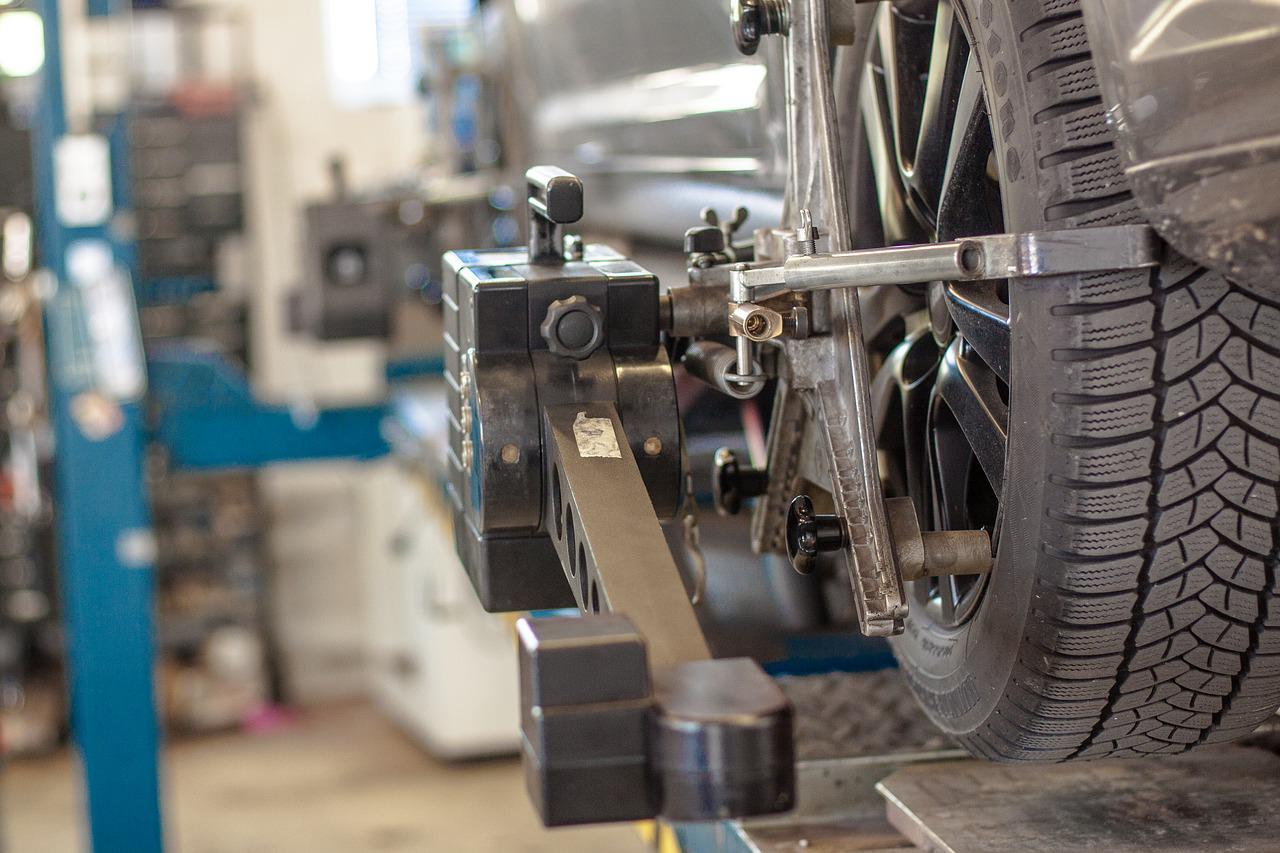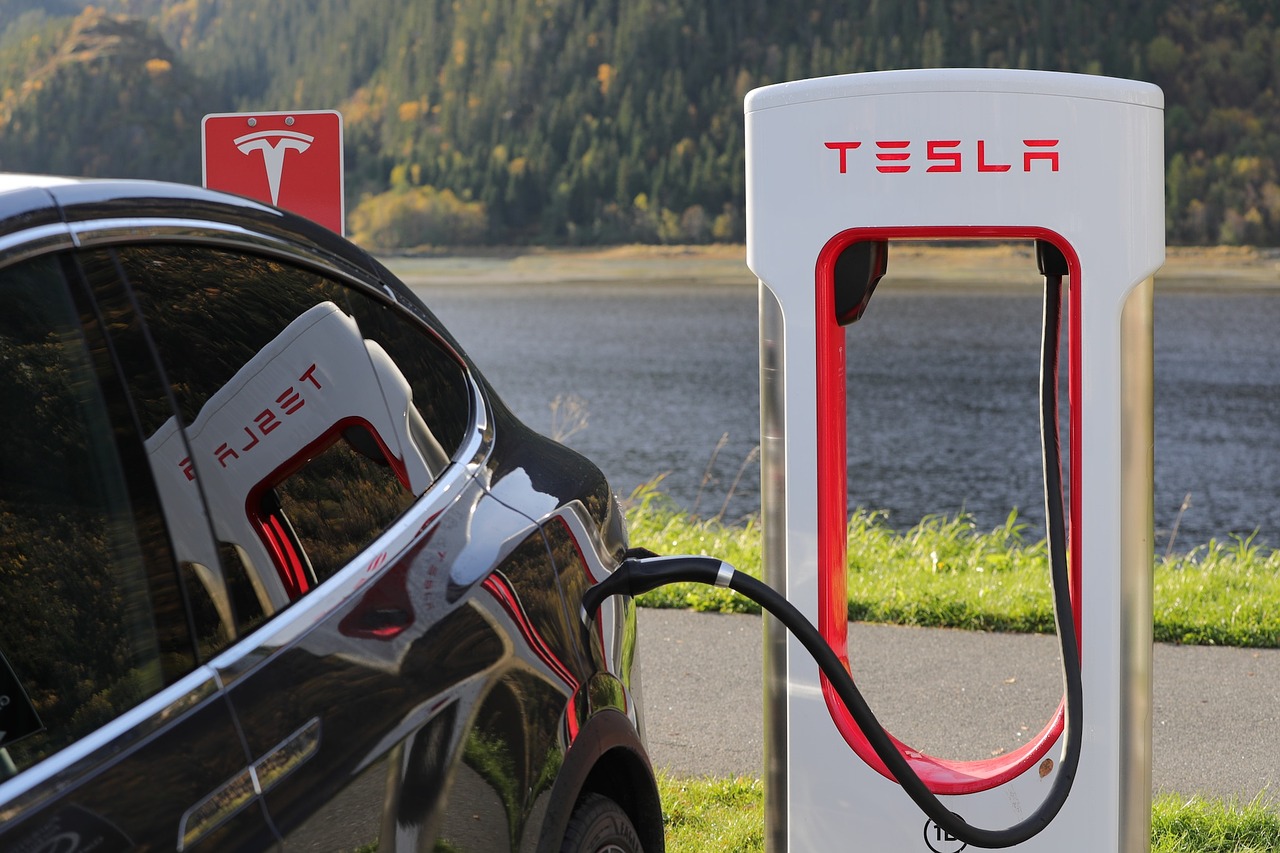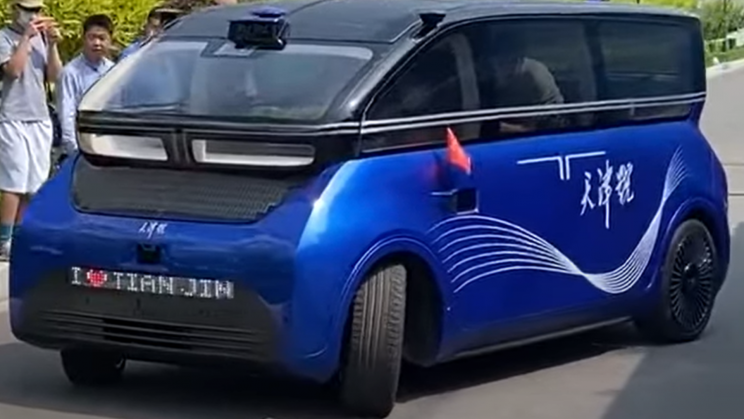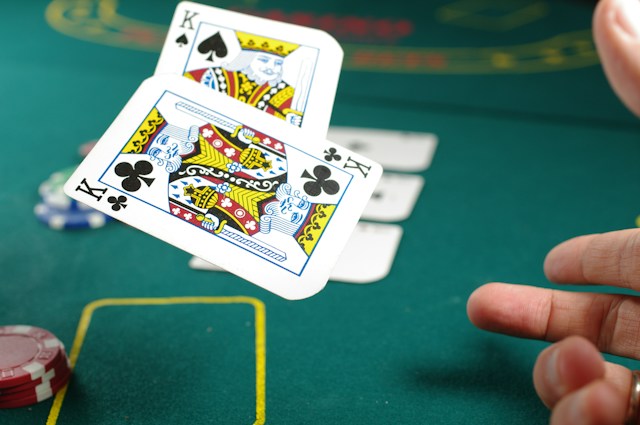According to a United Nation’s Global E-waste Monitor report, 53.6 million metric tonnes (Mt) of electronic waste (e-waste) is being produced globally every year.
The report also predicts that mostly discarded products with a battery or electrical plug, will reach 74 Mt by 2030. E-waste is the world’s fastest-growing domestic waste.
So, in the fight against electronic waste, the host country of this year’s Olympics, Japan is using tonnes of e-waste to make Olympic medals.
E-waste contains precious metals of gold, silver, copper, and platinum. While only three to four grams of gold can be retrieved from 1 Tonne of Ore, one-tonne cell phone e-waste can deliver up to 350g of gold.
All the medals at the 2020 Olympics in Tokyo are made from recycled electronic waste
The recycled metal was collected under a project that started in 2017. The aim was to collect enough electronic waste to make a total of 1017 medals. Olympic medals typically weigh 1.1 pounds (500 grams) apiece.
The project successfully collected 78,985 tons of e-waste to recover 70 lbs (32 kg) of gold, 7716 lbs (3500 kg) of silver, and 4850 lbs (2250 kg) of bronze. (There is very little actual gold in Gold medals. Olympic gold medals are made of at least 92.5% silver, with a minimum of six grams of gold plating on pure silver)







